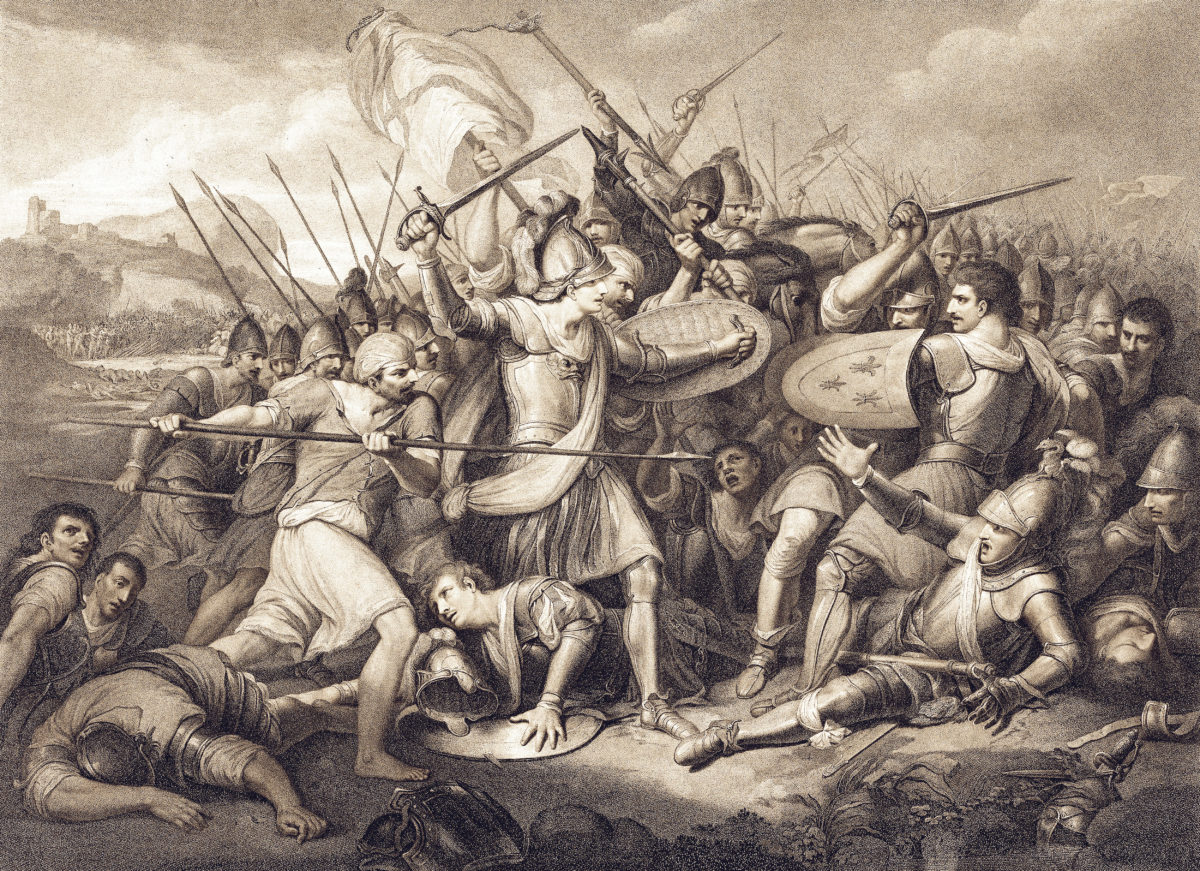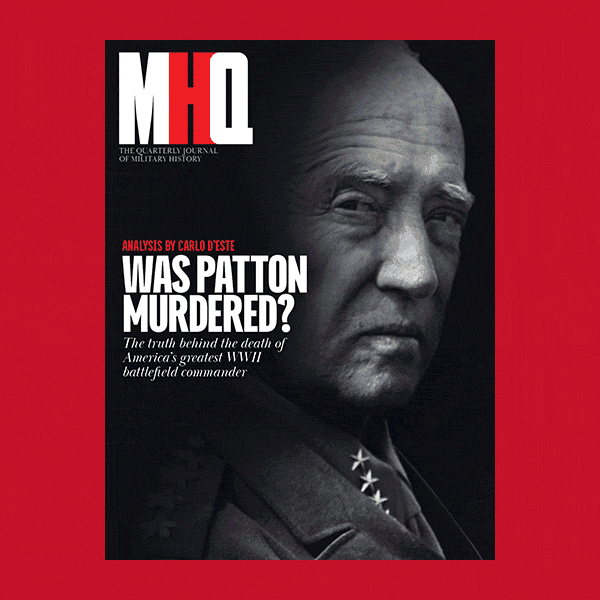William Shakespeare (1564-1616) is universally acclaimed as the English language’s most famous writer and greatest dramatist, authoring 39 plays and 157 poems (overwhelmingly sonnets). England’s acknowledged national poet, even his plays are judged poetry—written in iambic pentameter, principally blank verse, sprinkled with block prose passages.
An astute observer of the human condition, Shakespeare’s peerless genius brilliantly plumbs its depth and breadth. In his historical play (written circa 1599), King Henry V’s, first line, Shakespeare’s “chorus” invokes “a Muse of fire” for burning inspiration capturing the play’s drama.
He most famously succeeds in his renowned “St. Crispin’s Day speech,” magnificently imagining how Henry must have inspired his greatly outnumbered “band of brothers” (6,000 Englishmen—mainly longbowmen backed by dismounted, armored men-at-arms—facing 15,000-20,000 French mounted knights), cut-off and surrounded deep inside France, to ignore the overwhelming odds and seize victory from certain defeat.
A Battle Speech “Masterpiece”
Shakespeare’s “Henry’s” pre-battle speech is a masterpiece of leadership and psychological manipulation, playing upon all the emotions and motivations of why men fight, despite facing certain death.
“Henry” first dismisses pleas for more men by asserting, “The fewer the men the greater share of honor.” Next, he appeals to his soldiers’ vanity, assuring them their battlefield heroics will be eternally remembered and they “Will stand a tip-toe when this day is nam’d.”
Finally, he pledges to fight shoulder-to-shoulder with them, sharing their fate, since “he to-day that sheds his blood with me Shall be my brother.”
Shakespeare may never have led men in desperate battle, but he knew instinctively how to do it!
In the historical Agincourt battle, October 25, 1415, the stunning against-the-odds English victory (6,000 French dead—10 times Henry’s losses—plus 2,000 French knights captured for ransom) was wrought by the deadly efficiency of Henry’s longbowmen (protected from French cavalry by sharpened stakes) and a timely downpour creating a muddy quagmire “killing ground” on the English battle line’s front.
“Band of Brothers”
King Henry V Act IV, Scene III—The English Camp
Henry responds to his cousin, Earl Westmoreland’s wish for more soldiers.
If we are mark’d to die, we are enough
To do our country loss; and if to live,
The fewer men the greater share of honor,
God’s will! I pray thee, wish not one man more.
O do not wish one more!
Rather proclaim it, Westmoreland, through my host
That he which hath no stomach for this fight,
Let him depart; his passport shall be made,
And crowns for convoy put into his purse:
We would not die in that man’s company
That fears his fellowship to die with us.
He that outlives this day, and comes safe home,
Will stand a tip-toe when this day is nam’d,
And rouse him at the name of Crispian.
He that shall live this day, and see old age,
Will yearly on the vigil feast his neighbors,
And say, To-morrow is Saint Crispian:
Then will he strip his sleeve and show his scars,
And say, These wounds I had on Crispin’s day.
This story shall the good man teach his son;
And Crispin Crispian shall ne’er go by,
From this day to the ending of the world,
But we in it shall be remembered, —
We few, we happy few, we band of brothers;
For he to-day that sheds his blood with me
Shall be my brother; be he ne’er so vile,
This day shall gentle his condition;
And gentlemen in England now a-bed
Shall think themselves accurs’d they were not here,
And hold their manhoods cheap while any speaks
That fought with us upon Saint Crispin’s day.






